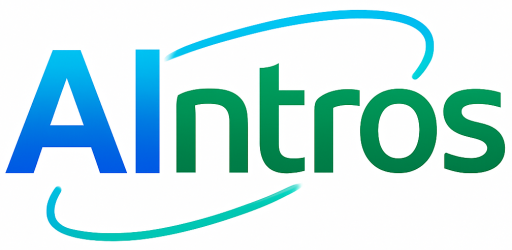The Digital Pool: AI Mirrors and the Modern Narcissus
Introduction When artificial intelligence systems describe themselves as “mirrors” reflecting human thoughts and ideas, they invoke an analogy that carries deeper implications than initially apparent. This metaphor, commonly employed by AI to explain their function as pattern recognizers and response generators, inadvertently recalls one of mythology’s most cautionary tales: the story of Narcissus. Through examining … Read more
